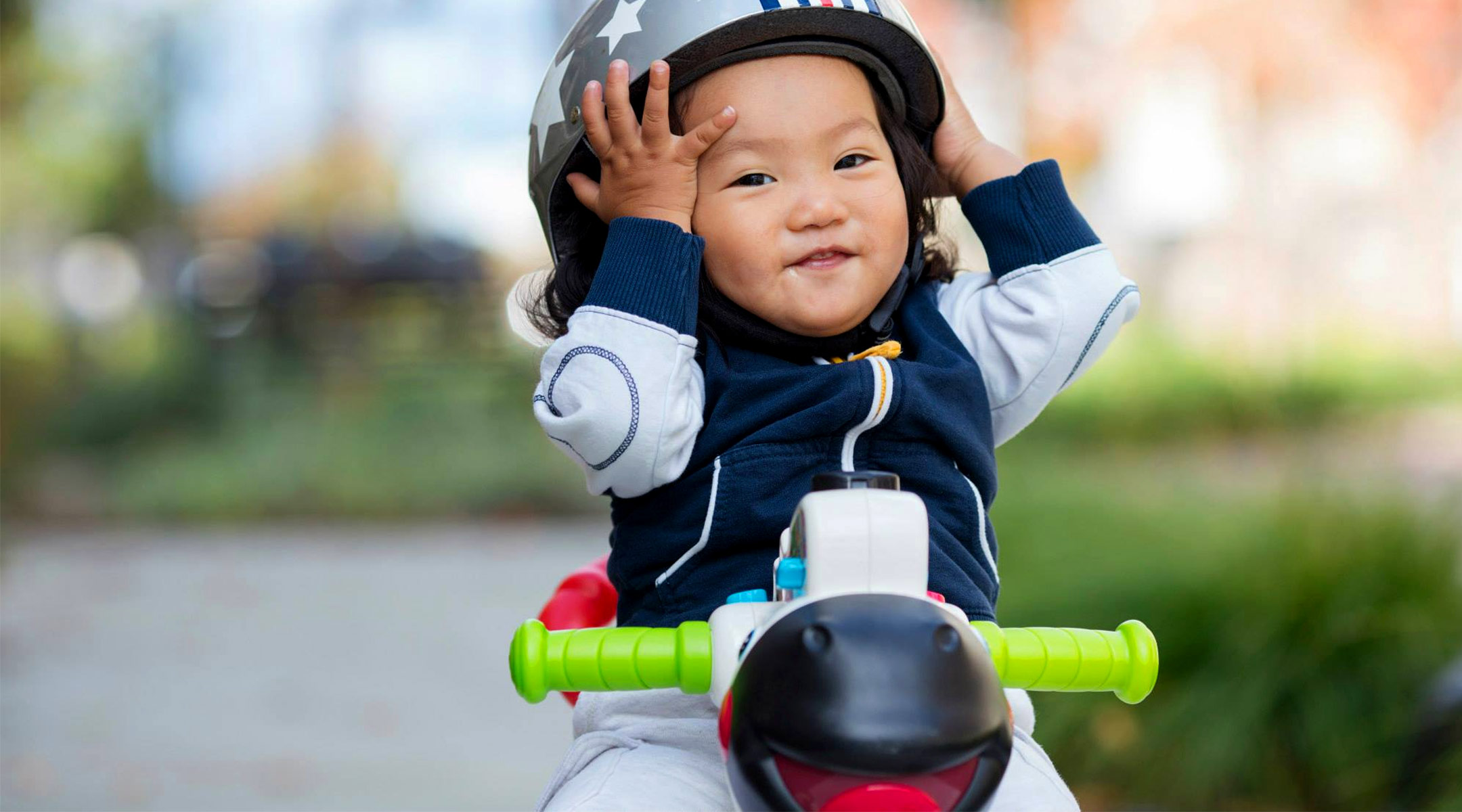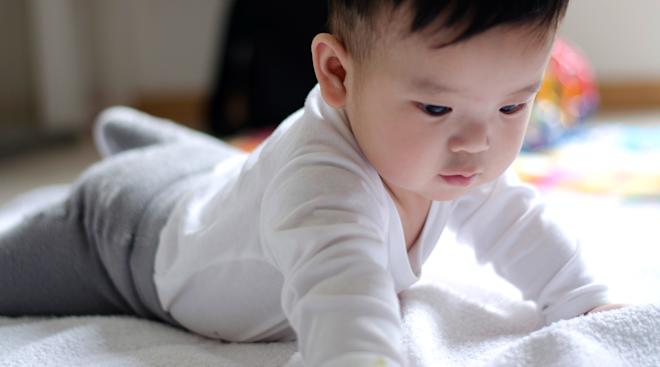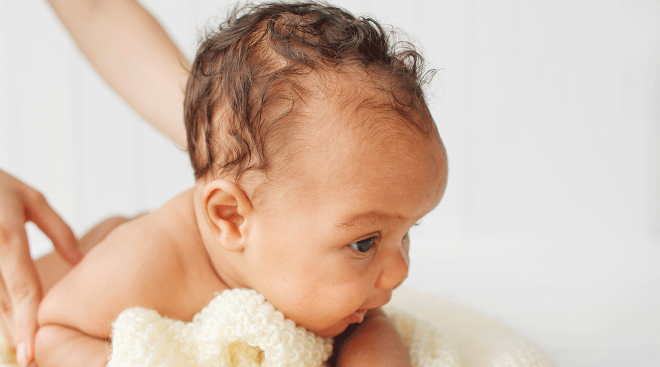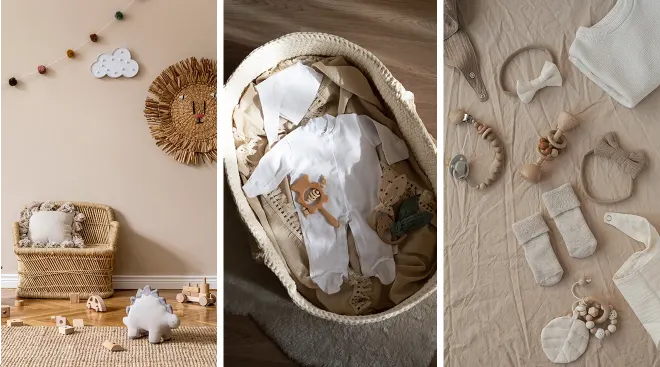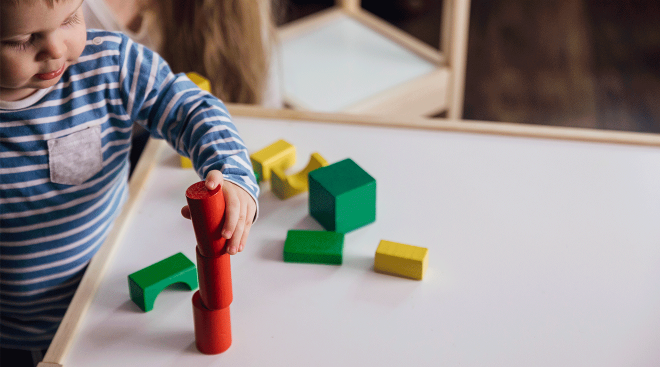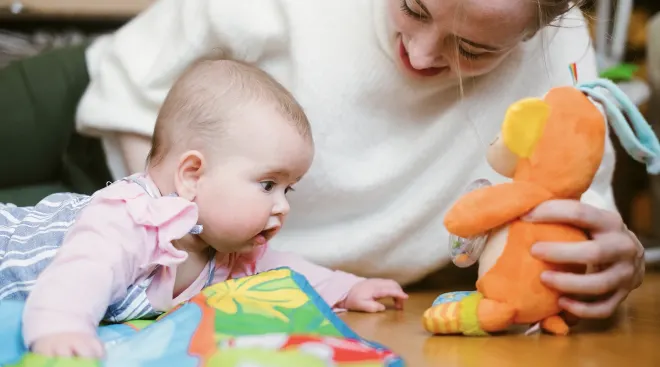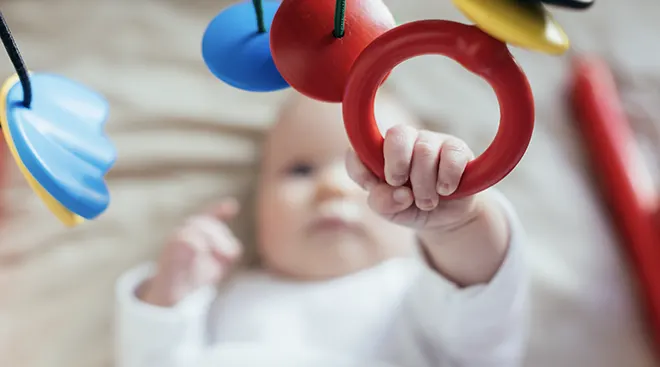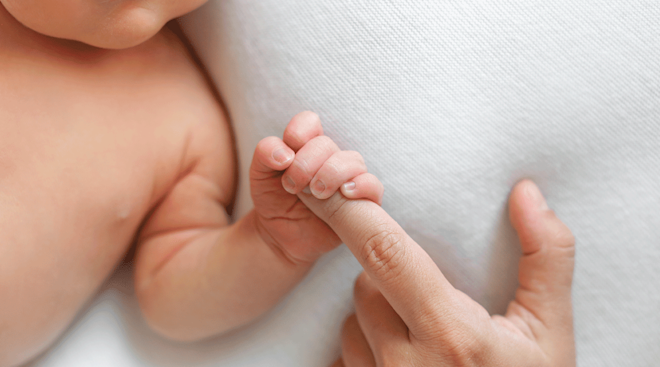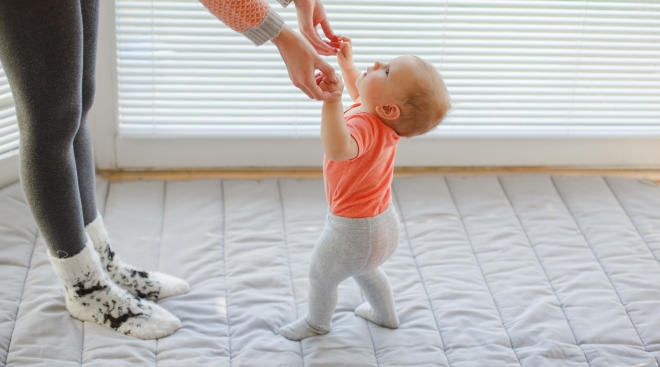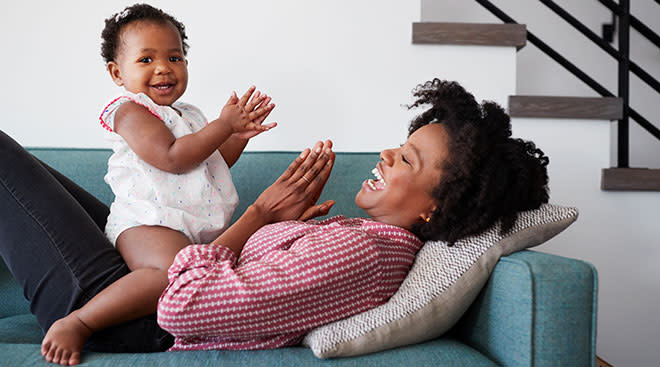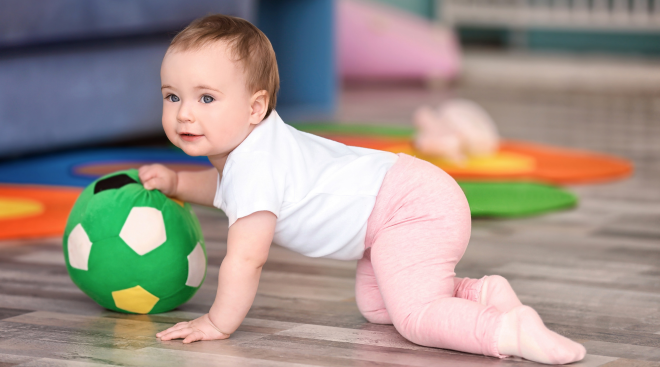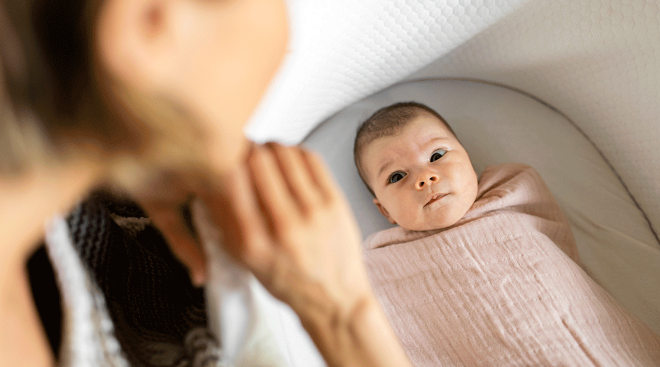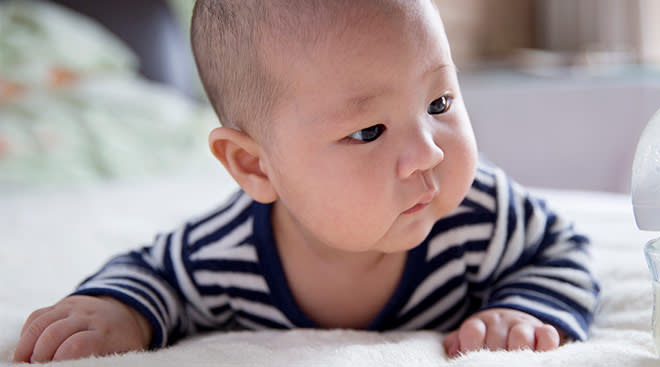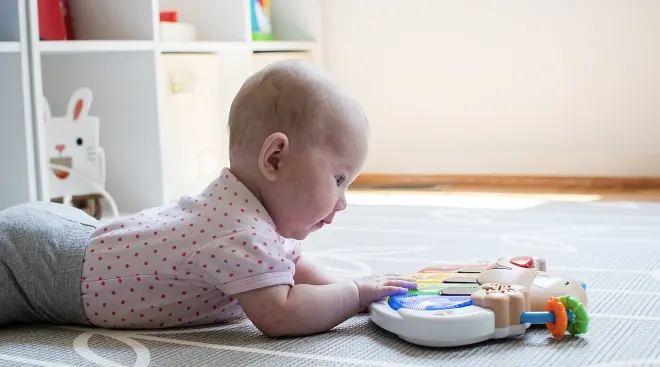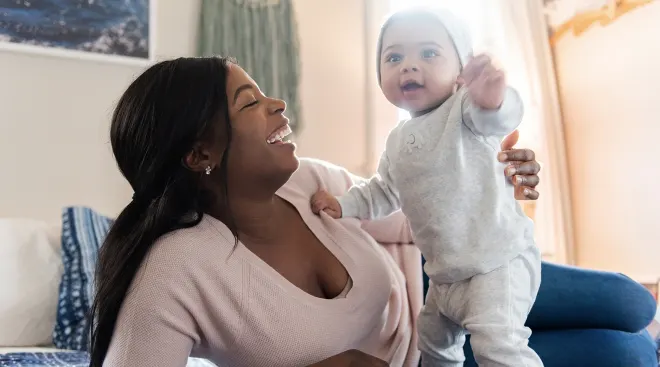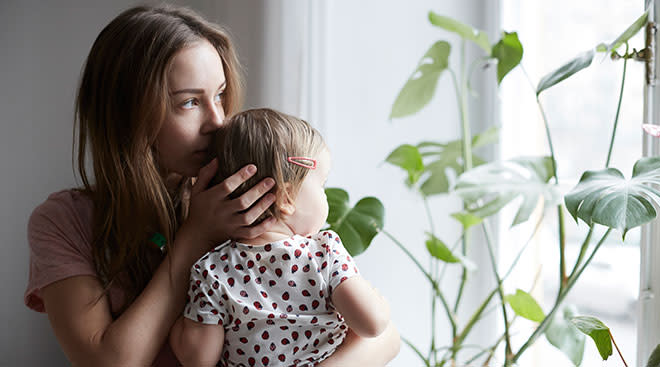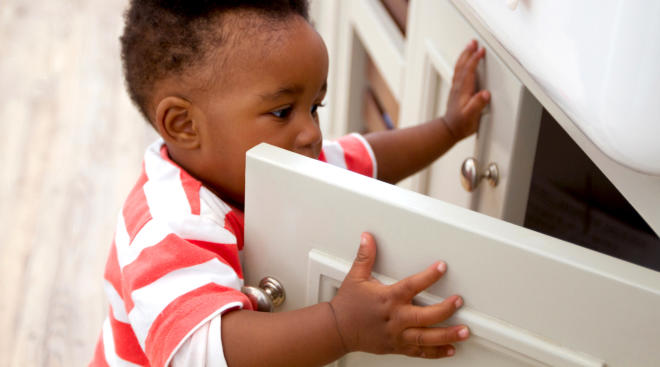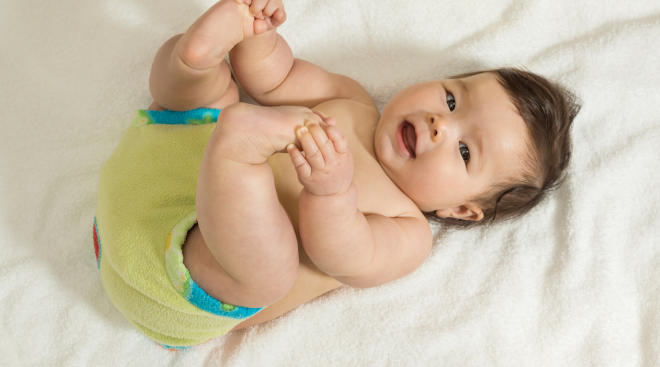Pediatricians Should Be Writing Prescriptions for Play, AAP Says
Play time is the best time.
At least that’s what the American Academy of Pediatrics (AAP) thinks, according to a new report on the importance of play for childhood development. In fact, the AAP thinks that play is so crucial, it wants your pediatrician to start writing prescriptions for play at every well-child visit in the first two years of your child’s life.
Play offer loads of benefits for young kids. It support cognitive, social and emotional development and helps kids master language and self-regulation. “Play is not frivolous,” the report emphasizes. “It enhances brain structure and function and promotes the process of learning, which allows us to pursue goals and ignore distractions.” It not only encourages kids to develop healthy relationships with friends and family, but it’s key to school readiness.
But with fewer places to play, more digital distractions and less parent engagement, today’s children have fewer opportunities to play. Which is something your pediatrician can address.
“Pediatricians have a critical role to play in protecting the integrity of childhood by advocating for all children to have the opportunity to express their innate curiosity in the world and their great capacity for imagination,” the report says.
The results of AAP’s Video Interaction Project—an enhancement to AAP’s Reach Out and Read program—show that when doctors promote reading and play during well visits, it leads to boosts in kids’ social–emotional development.
For children to get the most out of play, the AAP says it’s critical for parents to join in too, to develop safe, stable and nurturing relationships. Of course, for new parents, it’s not always easy to come up with ways to play with your little ones. That’s why the report suggests looking to your pediatrician as your ambassador for play.
Doctors should be offering information and tips on how to observe and communicate with a newborn in a playful way. For example, if baby smiles, you or your partner should respond with a big grin of your own. If a child has special needs, your pediatrician may be aware of museums that offer early access hours for special needs kids so they can play and learn in a less crowded environment.
Depending on your child’s stage, there are several different types of play that kids engage in, and each one is just as important as the next. Check out what developmental skills babies have at various ages and how you can engage with baby in age-appropriate play.
Please note: The Bump and the materials and information it contains are not intended to, and do not constitute, medical or other health advice or diagnosis and should not be used as such. You should always consult with a qualified physician or health professional about your specific circumstances.
Navigate forward to interact with the calendar and select a date. Press the question mark key to get the keyboard shortcuts for changing dates.
































